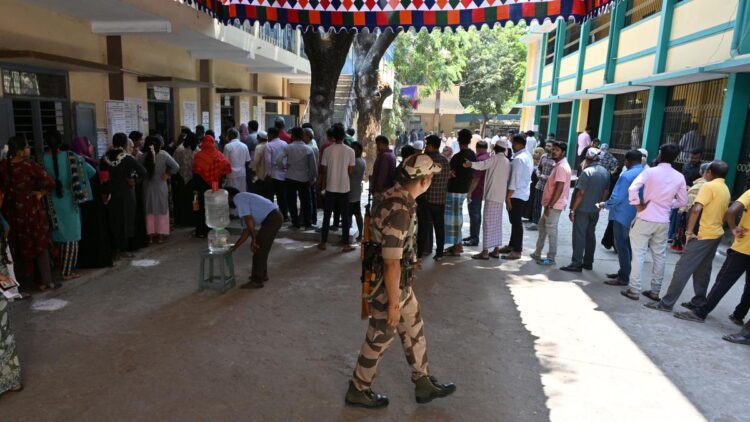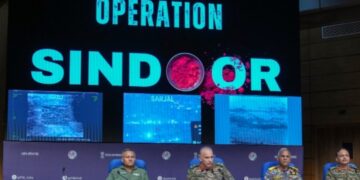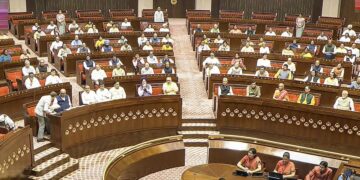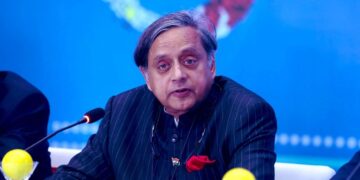As the Lok Sabha Elections 2024 continue, a troubling trend of biased reporting has emerged from major international news outlets like Reuters and domestic portals such as The Print. These sources have been accused of propagating a one-sided, false narrative regarding the anti-Hindu Delhi Riots of February 2020. Media from Pakistan and Bangladesh echoed similar sentiments, reinforcing this narrative.
Reports from Reuters and others have been criticized for ignoring the brutal murders of several Hindus, including Intelligence Bureau officer Ankit Sharma, head constable Ratan Lal, and worker Dilbar Negi, at the hands of Muslim mobs. On May 27, The Print and Pakistan’s Dawn published a Reuters wire report that focused solely on the alleged Muslim victims of the riots, painting a picture of unilateral suffering and victimhood.
The report featured quotes from Suhel Mansuri, who claimed to have sustained injuries during the riots and expressed hopes for “peace and brotherhood” amidst rising religious tensions. However, the coverage omitted the violent atrocities committed against Hindus, including the horrific details of Ankit Sharma’s murder and the brutal deaths of Ratan Lal and Dilbar Negi.
The report also neglected to mention the involvement of Aam Aadmi Party’s then-councillor Tahir Hussain, who is accused of instigating violence against Hindus and implicated in Sharma’s murder.
Similarly, Pakistan Today, basing its story on Kashmir Media Service, described the Delhi Riots as an “anti-Muslim pogrom,” focusing on the plight of Muslim victims while ignoring evidence and court observations indicating the riots were anti-Hindu.
Selective coverage by these outlets has fueled a misleading narrative that primarily blames Hindus for the violence on February 23-24, 2020. This narrative is seen as a disservice to the truth and the victims who lost their lives.
In contrast, OpIndia’s detailed coverage of the Delhi Riots provided a starkly different perspective, documenting the systematic targeting and murder of Hindus by Muslim mobs, along with the destruction of properties.
Further investigations revealed the involvement of several activists, NGOs, and political figures in planning the riots. Leaders like Tahir Hussain, activist Umar Khalid, and others played significant roles in fomenting anti-CAA sentiments and ensuring violence coincided with then-President Donald Trump’s visit to India. Umar Khalid’s bail hearing revealed his involvement in creating a narrative supporting the riot accused, with assistance from various activists and celebrities.
Recent reports, such as one from The Telegraph on May 21, highlighted the suffering of Muslim victims like Aish Mohammad, who lost his home and continued to face tensions. However, these reports often downplayed or ignored the suffering of Hindu residents.
The timing and selective portrayal of the Delhi Riots by international and certain Indian media outlets appear driven by an agenda to cast the Bharatiya Janata Party (BJP) and Hindus in a negative light, while overlooking the orchestrated involvement of Muslim leaders and groups in the 2020 violence.

















Comments